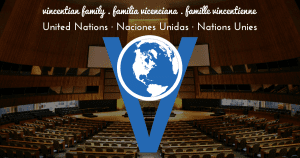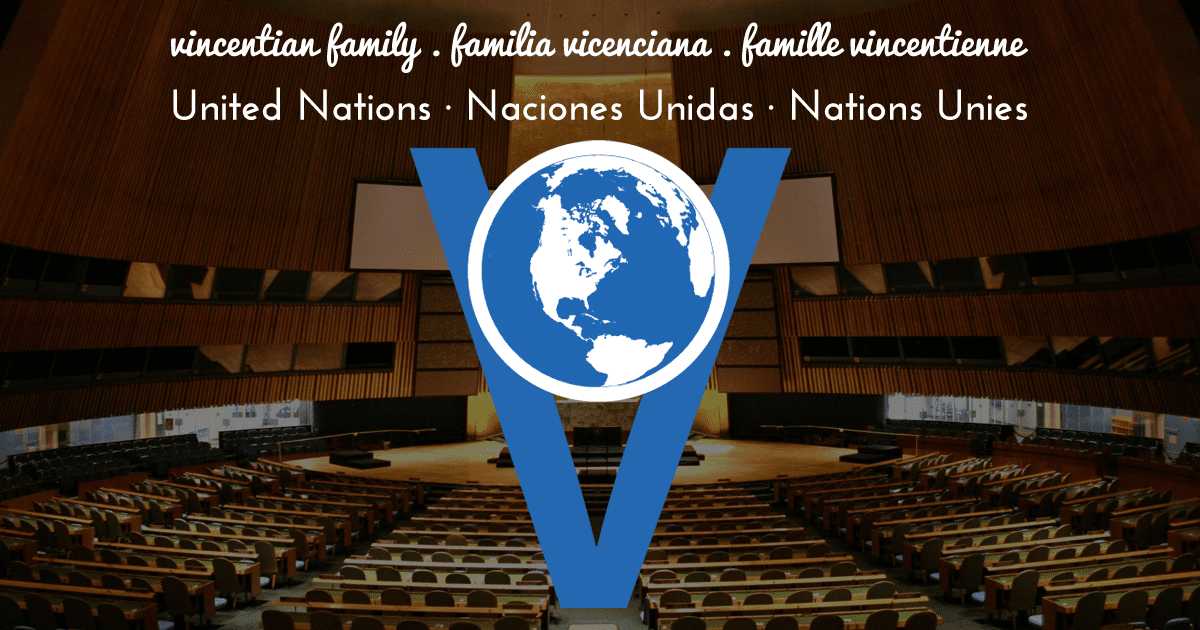Human Rights Day and the Launch of the Stand Up for Human Rights Campaign
 Organized to observe Human Rights Day on October 10 and to highlight the upcoming 70th Anniversary of the signing of the Universal Declaration of Human Rights (UDHR), a briefing was recently presented by the Department of Public Information (DPI).
Organized to observe Human Rights Day on October 10 and to highlight the upcoming 70th Anniversary of the signing of the Universal Declaration of Human Rights (UDHR), a briefing was recently presented by the Department of Public Information (DPI).
A video, narrated by the High Commissioner for Human Rights, Mr. Zeid Ra’ad Al Hussein, introduced the Stand Up for Human Rights Campaign. Martina Donlon, from DPI, moderated and introduced the campaign. Led by the HR Commission and supported by DPI and other UN entities, this campaign will focus on three areas:
- Promote knowledge and understanding of the document.
- Engage member states, civil society and youth to stand up for the Declaration as many of its articles have not yet been fulfilled. Speak up when unfairness exists.
- Reflect – It is up to all of us to stand up, through the use social media, record the reading of one of the Declaration’s articles in one’s own language that can be posted on other social platforms and sign a pledge, available on the web page www.standup4humanrights.org, to add voices.
Ms. Hui Lu, from the High Commission on Human Rights (HRC), discussed how civil society has and can continue to engage in the human rights fight. Gender equality, women’s rights, apartheid movements all have been moved forward because of civil society. CEDAW, the Beijing Platform, Declaration of HR of Indigenous Society and Rights of Persons with Disabilities have all been created with the participation of civil society. The UN has always shared its space with Civil Society. The HRC is a UN Secretariat established to support all UN treaties. Civil society can and does participate in this work by providing credible data and assessment on member states governments’ implementations. Independent monitoring by special rapporteurs is the method that the HRC can use to bring attention to problems and issue special mandates. They undertake country visits and produce thematic reports, often gathering information from NGOs (some are HR Defenders) on the ground as well as from government officials, lawyers and judges.
Renzo Pomi, from Amnesty International, acknowledged the unsung heroes, the HR Defenders that hold the underpinnings of UDHR together. Enjoyment of rights are still far from universal. Since its signing in 1948, and as more countries joined the UN and recognized the Declaration, the concept of universality became more widespread. No mechanism for enforcement was included but it still serves as a beacon of hope for many, as a banner under which to rally. When Amnesty International was formed in 1961 it created a legal and moral basis for actions along with UN Charter and DHR. This document, born of a non-binding agreement and far from perfect, has been tested by many crises and challenges.
HR Defenders are still harassed, intimidated, killed, “disappeared,” or branded as terrorists. The UN General Assembly adopted a resolution: Human Rights Declaration of Human Rights Defenders which are key to insure these people can work in a safe environment. Still, thousands have been killed, “disappeared,” labeled as criminal and terrorists and seen as a threat to national values and national development. He mentioned that within the UN, some members of the ECOSOC NGO committee also act to ban some of these HR- defender NGOs from participating at the UN by labelling them subversive. States must recognize Defenders rights. They are allies of governments interested in the rights of their citizens.
Questions from the audience included asking for revisions to include the mention of gender equality. All panelists addressed this and generally felt that, given the time and makeup of the original creators, the spirit and intention was pure. This was all more important than the linguistics of the original document that may have suffered slightly in the translations between French and English. Mr. Pomi explained, in his opinion, that while many of the original states abstained for different reasons, in a post-World War II climate, the document was an absolute stroke of genius as it is now serves as a minimum standard, human rights tool. Over the years, as new member states embraced the Declaration, the HR defenders found the declaration to be essential. Academic discussions would be relevant but there is no challenge to the body of the Declaration even though enormous problems still exist.
Another interesting question was whether there are any victories in the continuing struggle for HR? Both panelists mentioned that the declarations outlining the rights of Indigenous Peoples or the Rights of People with Disabilities were very positive actions. However, Mr. Pomi expressed that progress is very slow and it is difficult to identify things that are absolute victories.
Natalie Boone is the AIC NGO Representative to UN-NY








0 Comments